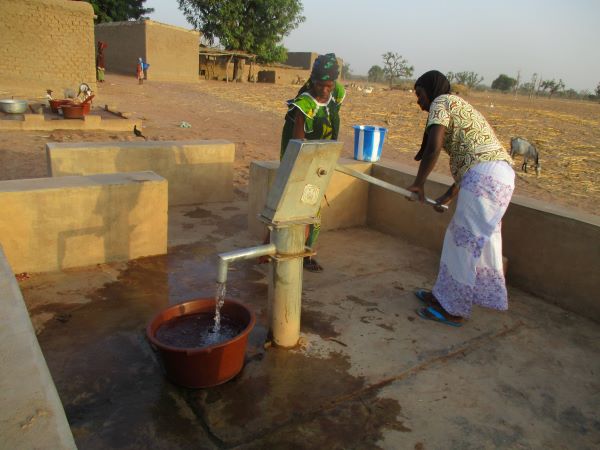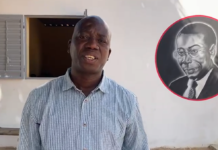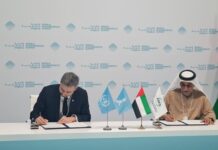Coups, militant attacks, the expanding grip of mercenary groups: The Sahel is becoming increasingly dangerous for international development organizations that work to help communities lift themselves from poverty and, in the process, reduce the attractiveness of extremist, “hooligan” and other armed groups.
But development organizations like World Neighbors continue to work in villages in Mali and Burkina Faso to help families and communities catalyze sustainable development.
The key is access to capital.
Foreign investors are not reaching these rural villages. Rather, communities must rely on themselves to build capital to invest in agricultural innovations and small businesses. This may sound impossible, given the poverty in these communities. But through savings and credit groups, it’s happening.
A savings and credit group is an initially small group of individuals. Each participant contributes a small amount each month. When enough capital is amassed, the group loans to participants at low interest. These loans are invested in greenhouses, fish ponds to raise tilapia and catfish, better seeds and livestock and other improvements to raise output and profit. If there is a difficulty repaying a loan, a savings and credit group will work with a borrower on terms that work. Unlike loan sharks or even banks, neighbors do not seize property or otherwise impose conditions that can make borrowers worse off than before they took out a loan.
In addition to making loans, savings and credit groups teach basic accounting and other financial knowledge. And since many members are often illiterate, they can teach reading and writing so members can understand the basics of math and finance. These groups are often the hub of a more comprehensive social and economic development effort.
One such effort in Burkina Faso and Mali has helped communities establish 71 savings and credit groups with about 1,600 members. These groups have an accumulated savings of just under $27,000 and have made 365 loans to members.
$27,000 is an extraordinary amount of capital accumulated by families in rural villages in any country, and especially in Burkina Faso and Mali, which rank among the poorest countries in the world.








